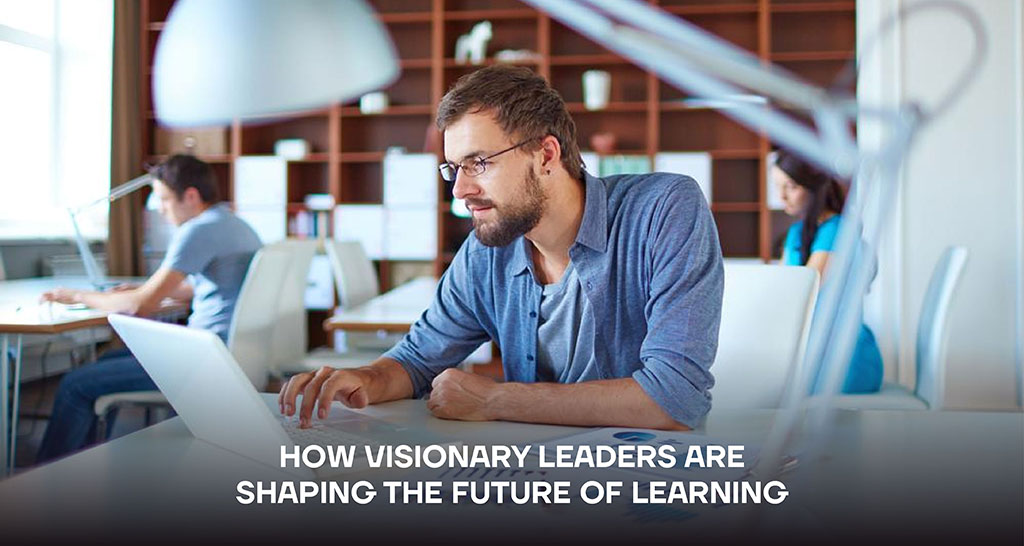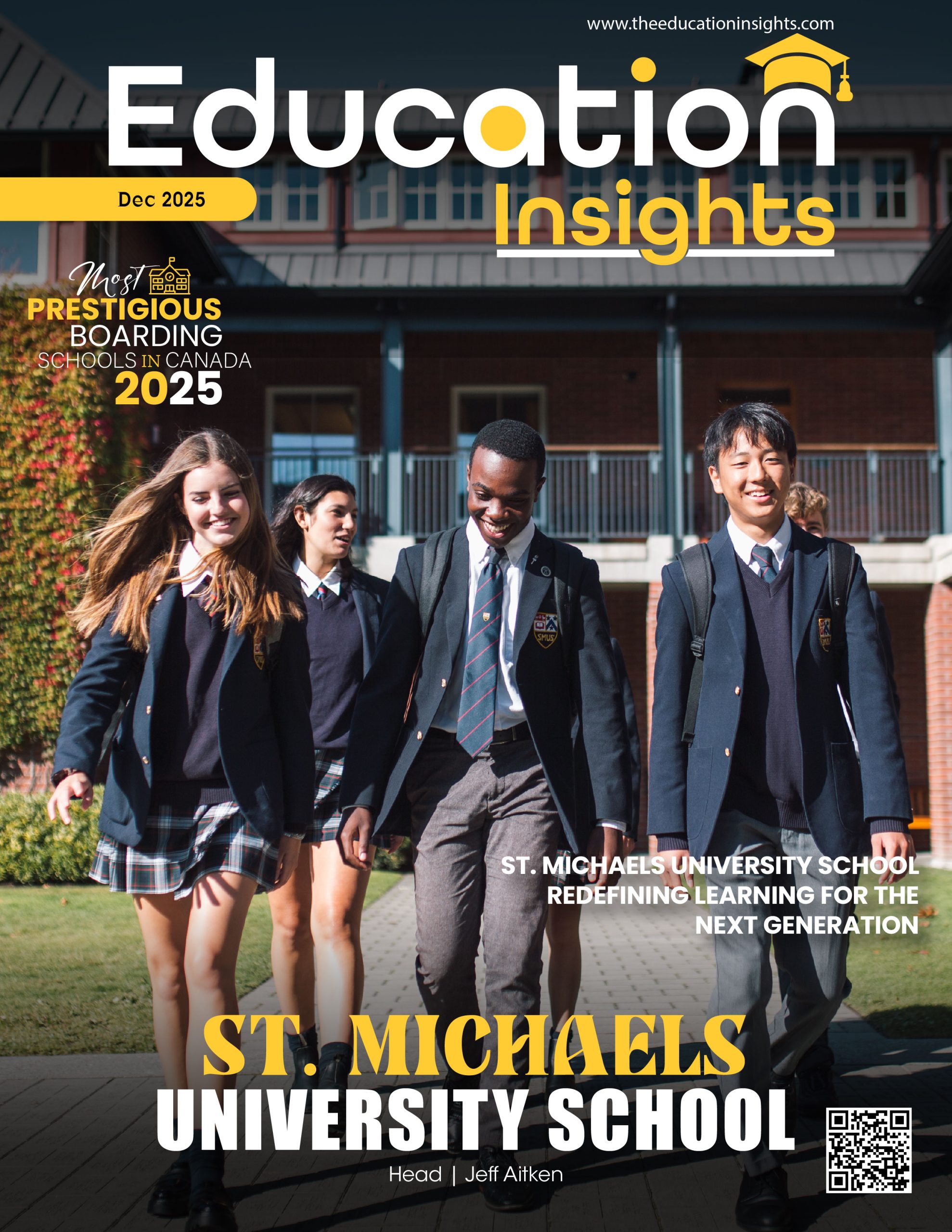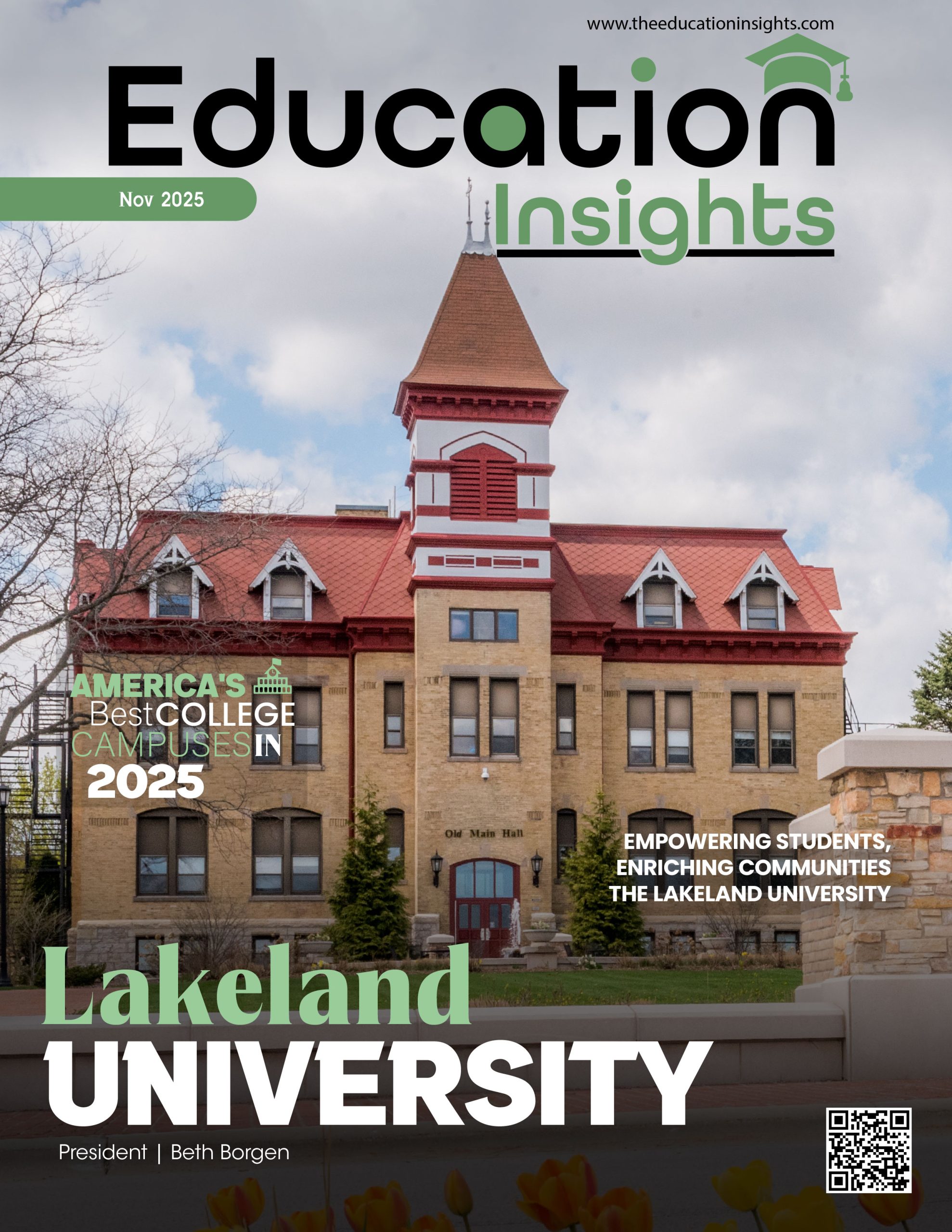The field of education is experiencing a significant transformation, largely driven by innovative leaders. These individuals are not just navigating the evolving landscape of education; they are fundamentally reimagining the entire structure of our learning processes. Through their progressive concepts, they are crafting a future in which education is more tailored, accessible, and seamlessly integrated with technology. As we anticipate what lies ahead, these visionary leaders are instigating substantial change, enabling students, educators, and institutions to flourish in a world that is becoming ever more intricate and dynamic.
The Rise of Visionary Leadership in Education
Visionary leadership in education is characterized by individuals who possess the courage to envision possibilities that extend beyond conventional boundaries. These leaders actively confront established norms, redefine the integration of technology within educational settings, and explore innovative teaching methods. Their central aim is to create an education system that is flexible, responsive, and equipped to prepare students for a future that will significantly differ from the current landscape.
A visionary leader in education is characterized by several essential qualities. Primarily, they can anticipate the changing needs of society and the labor market. They are aware of the technological, social, and economic dynamics influencing education and consistently consider how it can adapt to address these challenges. Furthermore, they demonstrate a strong dedication to equity, working to guarantee that every student, irrespective of their background, has access to high-quality educational opportunities. Such leaders are frequently innovators, perpetually seeking out new tools, platforms, and methodologies to improve the learning experience.
Technological Integration: Enabling Personalized Learning
Visionary leaders are profoundly influencing the future of education by incorporating technology into the learning process. In a time when digital tools and platforms are prevalent, the educational landscape is expanding beyond the limitations of conventional classrooms. These leaders recognize that technology serves not merely as an enhancement to traditional education but as an essential element of the learning experience.
One of the most significant ways in which technology is reshaping education is through implementing personalized learning. This approach facilitates an educational experience that is tailored to the unique needs, preferences, and learning styles of each student. Innovative leaders are utilizing data analytics, artificial intelligence (AI), and machine learning to develop learning environments that cater to the specific requirements of students. For instance, AI-driven platforms can evaluate students’ strengths and weaknesses, offering customized lessons and assignments that enable them to advance at their own pace. This method stands in stark contrast to the conventional “one-size-fits-all” educational model, promoting a more inclusive and effective learning experience.
Fostering Lifelong Learning: Preparing for a Changing Job Market
A significant domain in which visionary leaders are shaping the future of education is the principle of lifelong learning. Given the swift progression of technological innovations, the competencies necessary for the workforce are perpetually changing. Occupations that are prevalent today may become obsolete soon, while entirely new sectors are likely to arise in the coming years. Consequently, the future of education must emphasize adaptability and ongoing skill enhancement.
Innovative leaders are advocating for educational systems to transition from the conventional approach of equipping students solely for a single certification or degree attainment. They are fostering a perspective that prioritizes ongoing learning. This transformation entails recognizing that education is not confined to the period of formal schooling; instead, it is an enduring journey. Programs such as micro-credentials, online courses, and boot camps are gaining traction, enabling individuals to acquire new skills and qualifications without the necessity of returning to traditional education for extended periods. By endorsing these frameworks, innovative leaders are contributing to the ability of individuals to stay competitive in an ever-evolving job market.
Equity and Inclusion: Expanding Access to Education
A fundamental principle that visionary leaders prioritize is the promotion of equity and inclusion within the educational sphere. Historically, access to high-quality education has frequently been influenced by factors such as geographic location, socioeconomic status, and various other impediments. Currently, these leaders are diligently striving to eliminate these barriers, guaranteeing that every learner, irrespective of their background, is afforded the opportunities necessary for success.
Technological innovations have been instrumental in this transformation, serving as a conduit to connect various educational environments. Forward-thinking leaders are advocating for online learning platforms, virtual classrooms, and open-source materials, which contribute to the democratization of education. Students residing in rural or disadvantaged regions now have access to the same educational resources as their counterparts in wealthier urban areas, and the opportunity to study from home has alleviated numerous obstacles that could hinder students from seeking an education.
Preparing for the Future: Shaping Global Citizens
Visionary leaders are placing greater emphasis on equipping students to become global citizens capable of succeeding in a rapidly evolving and interconnected environment. This preparation encompasses not only the development of essential academic competencies but also the nurturing of social-emotional skills, creativity, and critical thinking. These leaders understand that the future requires individuals who are not only well-informed but also adaptable, empathetic, and proficient in collaborative efforts within a diverse society.
Visionary leaders are consequently emphasizing a comprehensive approach to education that fosters the development of the entire child. This encompasses instructing students in critical thinking, creative problem-solving, and effective collaboration. By concentrating on the cultivation of these essential skills, visionary leaders are preparing students to confront the challenges of the future.
Conclusion
Visionary leaders in the field of education do not merely prepare students for the future, they actively construct it. By dedicating themselves to innovation, equity, and lifelong learning, they are crafting an educational landscape that is increasingly accessible, personalized, and interconnected. As technology advances and societal demands shift, these leaders will persist in leading the way, guaranteeing that education continues to empower individuals, transform communities, and foster global advancement. Their efforts exemplify the profound impact of visionary leadership in molding the future of education for future generations.










